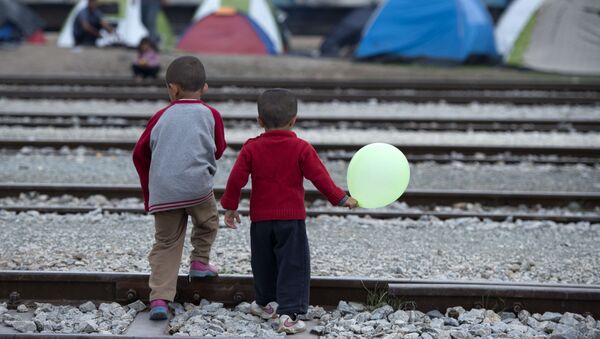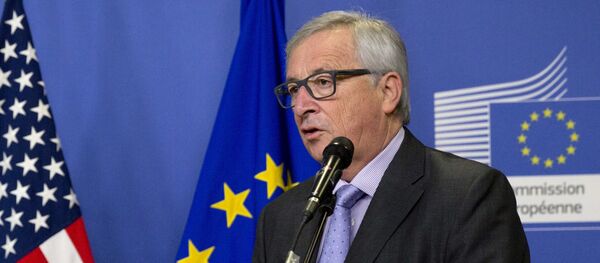"It is estimated that over 1,300 UASC [unaccompanied or separated children] are currently at risk of exploitation, violence, and trafficking throughout the region… UASC face a very high risk of violence, including sexual and gender-based violence (GBV), or other abuse, and some fall into the hands of traffickers," a joint report, published by Save the Children, said.
Countries on the Balkan migrant transit route, mainly Bulgaria, Macedonia, Serbia and Croatia, are failing to identify and protect unaccompanied minors who had arrived in Europe with the recent refugee influx from the Middle East, according to the report.
Even those identified face poor accommodation conditions or possible detention, while the lack of competent staff and procedures means many are either registered as adults or not registered as traveling without a guardian.
"Age assessment procedures in Bulgaria, FYROM, Serbia and Croatia either do not exist or remain inadequate with nonexistent or limited procedural guidelines, and insufficient and poorly trained staff, at times failing to identify children," the report said.
Most migrants arrived in southern Europe via Turkey and across the Mediterranean in 2015 and 2016 before the EU-Turkey deal shut the route off last year. Most Mediterranean arrivals are now being registered in Italy, with at least 2,000 unaccompanied children arriving since the start of 2017, according to UN figures.
Never miss a story again — sign up to our Telegram channel and we'll keep you up to speed!



